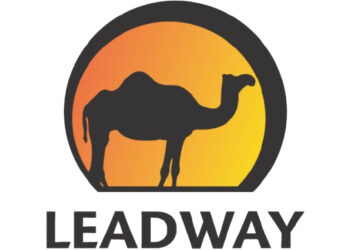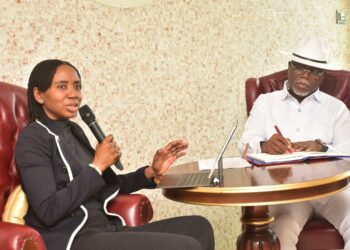Allianz Global Corporate & Specialty is a leading global corporate insurance carrier and a key business unit of Allianz Group; has released how the pandemic is changing claims trends and how it might evolve in the future.
The company that provides risk consultancy, property casualty insurance solutions and alternate risk transfer for a wide spectrum of commercial, corporate and specialty risks across 10 dedicated lines of business, while providing details on changing claims trends and risk exposures for companies and their insurers,
The AGCS report identifies the impact of the pandemic on claims trends in different lines of insurance and how they might evolve in future: The submissions of a leading global corporate insurance carrier:
Property/Business interruption
Property damage claims were not significantly impacted by Covid-19 as loss drivers such as weather are not correlated. However, as production lines restart and ramp up, this can exacerbate the risk of machinery breakdown and damage and even fire and explosion. “Restarting a factory is a stress test. We have already seen a few claims related to ramp-ups in the past few months – and there may be more to come”, says Raymond Hogendoorn, Global Head of Short-Tail Claims, AGCS. In addition, with fewer people potentially onsite, inspections and maintenance may be delayed or loss incidents such as a fire or escape of water may be noticed too late, increasing the severity of damage.
Covid-19 has caused business closures and disruptions globally – which often may not be covered in the absence of physical damage as trigger of coverage. However, the pandemic has impacted the settlement of standard businesses interruption (BI) claims in different ways. On one hand factories in hibernation will not produce large BI claims, as many manufacturers, their customers and suppliers, either shut down or scale back production. Conversely, containment measures during lockdowns can lead to longer and more costly disruptions as access restrictions prevent effective loss mitigation and prolong the reinstatement period.
Liability and Directors & Officers (D&O) Insurance
Liability claims are typically long-tail with a lag in reporting, so general liability and workers ’compensation claims related to Covid-19 may yet materialize. A number of outbreaks of coronavirus have been linked to high-risk environments such as gyms, casinos, care homes, cruise ships or food/meat processing plants.
A wave of insolvencies as well as event-driven litigation could be potential sources of D&O claims. The pandemic could trigger litigation against companies and their directors and officers, if it is perceived boards failed to prepare adequately for a pandemic or prolonged periods of reduced income.
Aviation
The aviation industry has seen few claims directly related to the pandemic to date. In a small number of liability notifications, passengers have sued airlines for cancellations or disruptions. Slip and fall accidents at airports have declined with the massive reduction in global air traffic, which fell by a record 94% year-on-year in April 2020. “Although a large proportion of the world’s airline fleet have been grounded loss exposures do not just disappear. Instead they change and can create new risk accumulations,” says Joerg Ahrens, Global Head of Long-Tail Claims at AGCS. For example, grounded aircraft might be exposed to damage from hurricanes, tornados or hailstorms. The risk of shunting or ground incidents also increases and can result in costly claims.
Long-term claims trends
Covid-19 is accelerating many trends such as a growing reliance on technology and rising awareness of the vulnerabilities of complex global supply chains. Going forward many business are expected to review and de-risk their supply chains and build in more resilience. This could involve some reshoring of critical production areas because of disruption caused by the pandemic. Such a move would likely impact frequency of claims and the costs of any future business interruptions. Meanwhile, the growth of home working means that companies may have lower property assets and fewer employees on site in future, but there would be corresponding increases in cyber and workers` compensation risks.
Digital claims handling
Covid-19 has also reinforced the need for digitalization of claims handling. Remote claims inspections and assessments are now possible through satellite, drone or image capture technology and tools such as MirrorMe. “Just a few years ago, claims processes were mostly manual and paper-based and many people could not have imagined handling claims remotely,” says AGCS Global Head of Claims Philipp Cremer. “Now technology plays a key role. AGCS’ cloud-based claims platform has passed the test of the coronavirus with our digital claims processes proving resilient throughout the lockdown. This, together with a strongly collaborative approach from our clients and brokers, has enabled our claims teams to handle a surge in claims and deliver expert service without disruption while working remotely.”







































